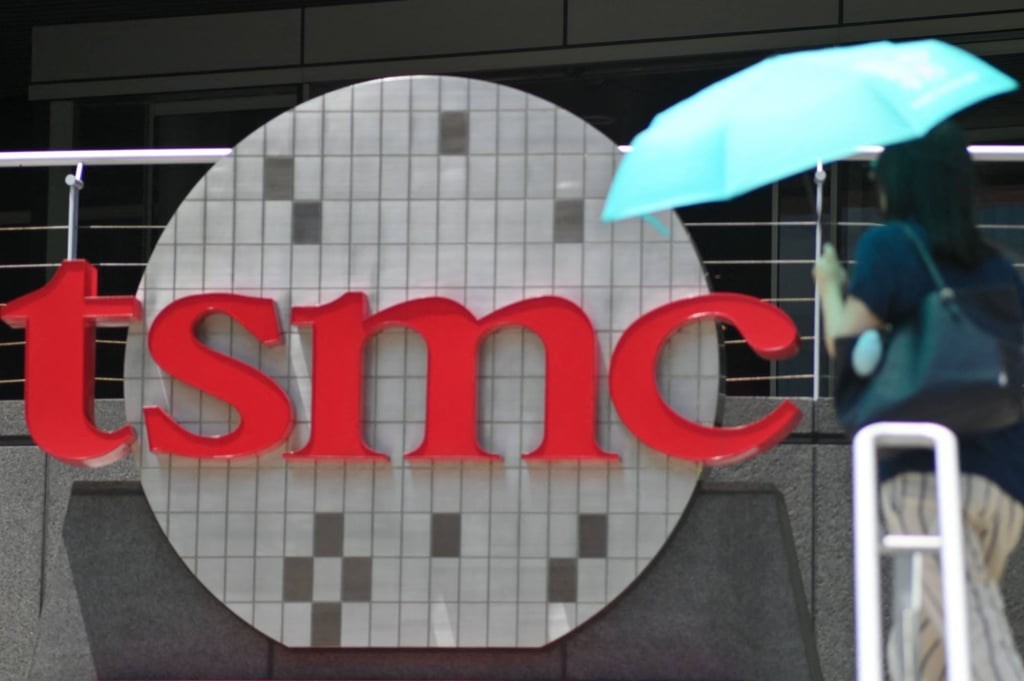
In a startling revelation that has sent shockwaves through the tech industry, Huawei's latest Ascend 910B AI chip has been found to contain a processor manufactured by Taiwan Semiconductor Manufacturing Company (TSMC). This discovery has prompted urgent investigations by both Taiwanese and US authorities, raising serious questions about potential violations of export restrictions.
The Unexpected Discovery
Canadian research firm TechInsights uncovered the presence of a TSMC-made chip within Huawei's Ascend 910B AI trainer during a die analysis conducted on October 9. This finding is particularly alarming given the strict US export controls in place, which prohibit the sale of advanced semiconductor technology to Chinese companies like Huawei.
Implications and Concerns
The presence of a TSMC chip in Huawei's AI trainer suggests a possible breach of US export restrictions, implemented to safeguard national security interests. Industry experts are now speculating about the involvement of proxy buyers who may be circumventing these regulations on behalf of restricted Chinese entities.
TSMC's Response
Upon learning of the discovery on October 23, TSMC promptly notified both Taiwanese and US governments. The company has emphasized its compliance with US regulations, stating that it ceased all shipments to Huawei on September 15, 2020. TSMC also halted deliveries to Chinese chip designer Sophgo shortly after, following reports that Sophgo had ordered chips matching those found in the Huawei device.
Government Reactions
The incident has drawn sharp criticism from US officials. Representative John Moolenaar, chairman of the House Select Committee on Strategic Competition between the US and the Chinese Communist Party, described it as a "catastrophic failure" of US export control policies.
Wider Implications
This development comes at a sensitive time, just ahead of the 2024 US elections. It underscores the ongoing challenges in regulating the flow of advanced technologies to China and highlights the complexities of global supply chains in the semiconductor industry.
As investigations unfold, the incident is likely to intensify scrutiny of international tech collaborations and may lead to stricter enforcement of export controls. The tech world watches closely as this situation develops, with potential ramifications for global trade relations and technological competition between the US and China.